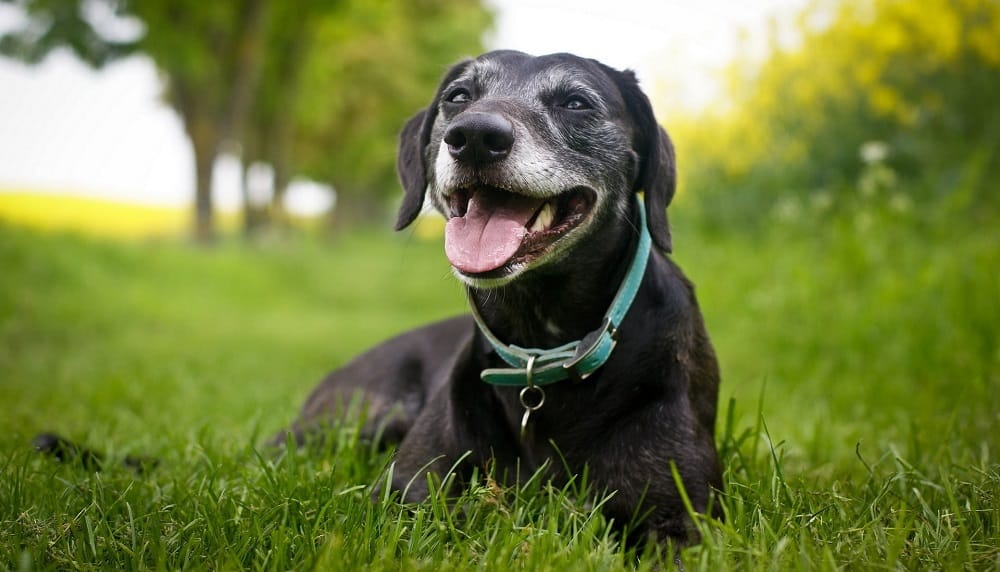Does your doggie sleep in your bed with you at night? Perhaps you have just noticed when your dog is sleeping, you hear him or her snoring, loudly. Have you ever felt troubled by your dog’s snoring?
Humans who snore loudly often do so because they have sleep apnea, a disorder that causes you to stop breathing in short spurts when you are sleeping. Because this can be a serious condition for people, you logically may wonder if your dog’s snoring may be an indication of a similar health issue. If your dog snores, here are some things you should know about dogs that snore.
Snoring Happens Because Some Breeds Are Predisposed to It
Some dog breeds are brachycephalic, which essentially means that they have a short breathing passage and a broad, short skull. Some examples of this are Pugs, Shih Tzus and English Bulldogs. These breeds commonly snore.
When a breed has a smaller snout, how they are laying when they are asleep, how the dog’s neck is shaped, and its nose length are all involved in the way that the dog breathes, which contributes to if it snores or not.
Whether They Snore or Not Involves Their Breathing
Just like people, when air movement becomes restricted in the nose or throat, that is when snoring happens. Sometimes this can happen when the dog enjoys sleeping on their back, so their tongue partially blocks their airway.
Another possibility is that your dog may be allergic to dust or second-hand smoke, which can also cause your dog to snore. Allergens can cause mucus to build up and cause postnasal drip, which leads to heavy breathing and snoring.
Although sleep apnea is a possibility, it is very rare. A more likely scenario is that your dog may have hypothyroidism, which means that your dog’s thyroid doesn’t make enough hormones to boost their metabolism. To fix it, it involves keeping the dog on medication for a lifetime. With that being said, after the thyroid medication is given, the snoring problem tends to dissipate right away.
Excess Weight Is Another Potential Problem

When a dog is overweight or morbidly obese, extra fat can collect in their neck, which blocks the throat area and causes snoring. More than 50% of all dogs are considered to be overweight, according to the Association for Pet Obesity Prevention.
Should You Get Your Dog’s Snoring Checked Out?
Particularly, if your dog has never snored before, and all of a sudden is snoring now, you should get them checked out by their veterinarian. There is a possibility that there could be a problem with their nose, such as an infection. There could also be a problem at the back of their throat.
However, if your dog has always snored at night and they are otherwise active, happy, and playful, there likely is nothing for you to worry about.
How to Help
One solution may be for you to try utilizing an air humidifier. This will prevent your dog’s mouth and throat from becoming dry, which can contribute to snoring. Another is to use a circular dog bed or one that promotes your dog to sleep in a curled position. This can help open up their air passages and alleviate pressure on the esophagus.
Dogs who are sensitive to breathing allergies will be helped if your home is smoke-free, and if you avoid using scented candles and air fresheners around them. Washing their bedding daily is also recommended, as is a daily vacuuming of your house.
Keeping your dog on a proper diet and exercise routine appropriate for them will be beneficial for them in so many ways, including helping their snoring. Until that time, buy yourself some earplugs if need be!

